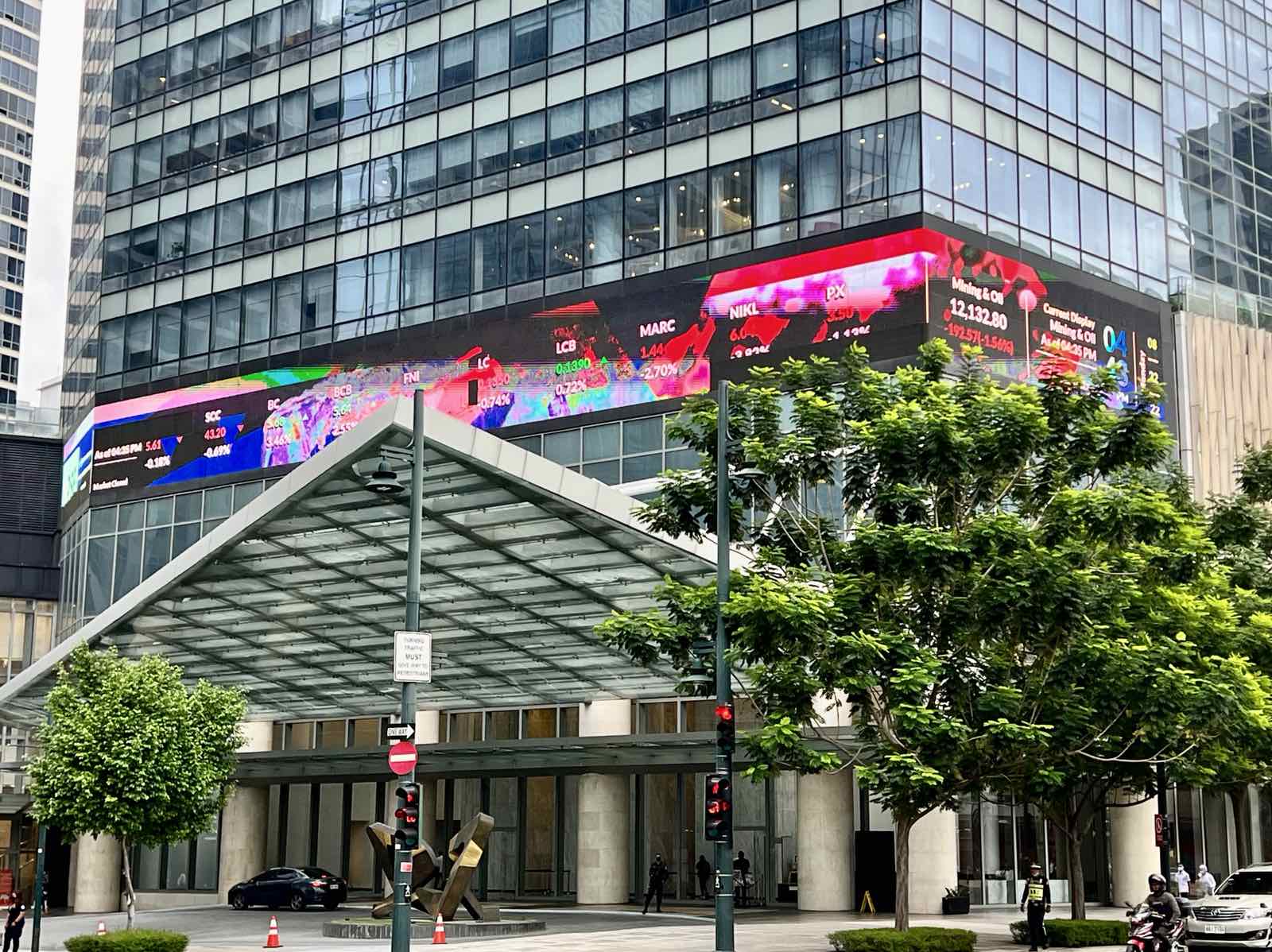
Every once in a while, a book comes and from the moment you read its description, you know that it's going to be one of your latest favorites. That's how I felt about Carol Moreira's "Culture Shock."
Fortunate enough to be given an advance copy, "Culture Shock" is set in1995 and shares the story of three dynamic women: a recently divorced mother, her teenage daughter, and their Filipina amah, who confront crises in their lives in Hong Kong as the territory for Chinese rule. Without spoiling much, Culture Shock explores the "vulnerability we all feel living in foreign lands, and the courage needed to overcome trauma in new culture."
The author (seen in photo when she was living in the Philippines) sets ‘Culture Shock’ in 1995 and shares the story of three dynamic women: a recently divorced mother, her teenage daughter, and their Filipina amah (grandmother), who confront crises in their lives in Hong Kong as the territory for Chinese rule.
"Culture Shock" is written by award-winning journalist Carol Moreira. Born in Britain and raised in the United Kingdom and Hong Kong, Carol describes herself as a "wanderer by training and inclination." A former journalist for the South China Morning Post, Carol worked for the paper in the early 1990s and lived through some of the most important pieces of history in both the Philippines and Southeast Asia.
I had the privilege to sit down with her and learn more about the depth of the narrative of "Culture Shock."
Thought Junkie: Please share with me a bit about yourself and your background.
Carol Moreira: I was raised in the UK and moved to Hong Kong aged 16 when my father became a pilot with Cathay Pacific. Later, I gained an English degree from London University and became fascinated by Mandarin Chinese, studying the language in Taipei, Shanghai, and Ealing School of languages in London.
As a journalist, I have worked for many publications including The South China Morning Post in Hong Kong where I met my Canadian husband, writer Peter Moreira. We have lived in Nova Scotia, Canada, for the last 20 years where we write books and run entrevestor.com, an online publication about innovation in Atlantic Canada.
What is about writing novels that moves you?
I am one of those people who has written stories since childhood. Stories are so central to us humans, obviously, and writing lets you go deep into things, to uncover what you really think and feel, to explore issues from many points of view, to examine what it means to be human, and to, hopefully, entertain and connect.
"Culture Shock" is based partly on my experiences as a young woman in Hong Kong where I was shocked, even traumatized, by the sexism and harassment women endured. In some ways, "Culture Shock" is a protest about male behavior and a call to action. Amy, the Filipina amah, is particularly intelligent and self-aware. At the end of the novel, she is becoming a powerful character, outgrowing her limited circumstances, and resolving to make an impact improving women's lives.
This novel also allowed me to explore other big themes: Clare, the teenage character, turns to a Hindu group for comfort and is seduced by the charismatic guru. Clare isn't sure how to interpret this. She realizes the guru used her and other young women but does that mean the experiences of the Divine she felt in his presence were fake? Does his duplicity mean God does not exist?
The story of "Culture Shock" is very true, especially today, what inspired you to write it?I don't really know; the story just took shape. I suppose it was inspired by sexism and harassment and life in a fascinating, world-influencing city. It is also a celebration of women and their strength. It turned out to be a very feminist novel. I didn't set out to write it that way. I set out to tell a story that other women would relate to, but my anger came through.
The novel is set in 1995 when Hong Kong residents were preparing to transition from British to Chinese rule. That was a particularly fraught time. Sadly, the world does not seem to have evolved very much since then. Women are still driven from workplaces by male abuse, even in Canada, where awareness of these issues is greater than in many societies.
If there's one thing your reader can take away from this book, what would it be?The novel is hopeful. The story says you can't keep women down. Thank goodness that is true.
The book will be available on May 1 and can be found through "Culture Shock" eBook: Moreira, Carol, Amazon.ca and Kindle Store.
Read The Rest at :








